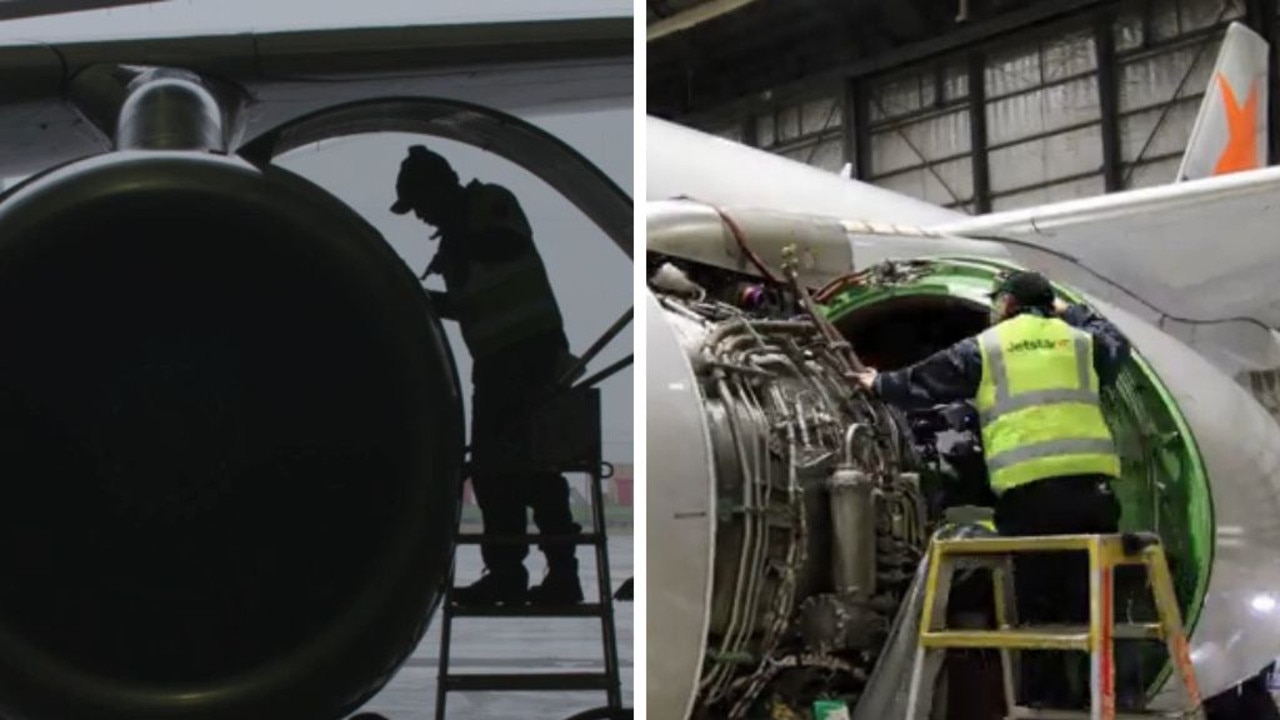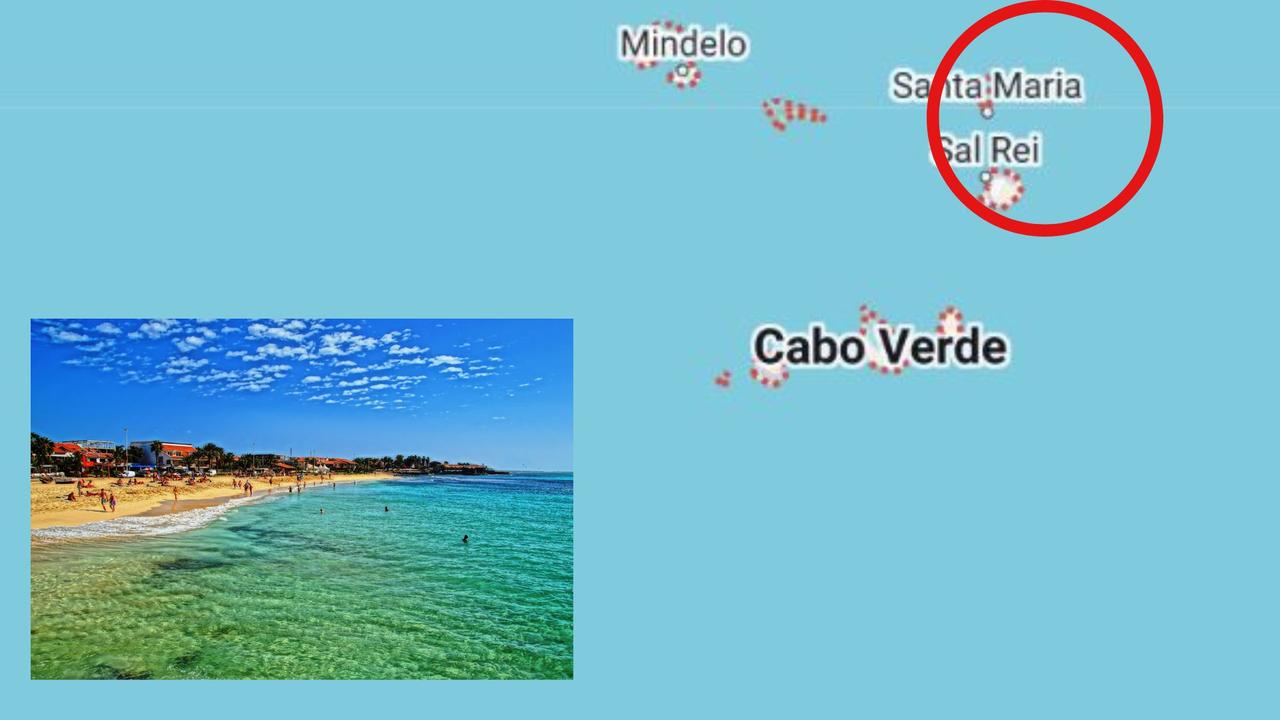Christmas travel Covid restrictions: Everything you need to do to go interstate
Christmas is just around the corner and if you’re one of the millions of Aussies desperate to get interstate, here’s how to jump the Covid hurdles.
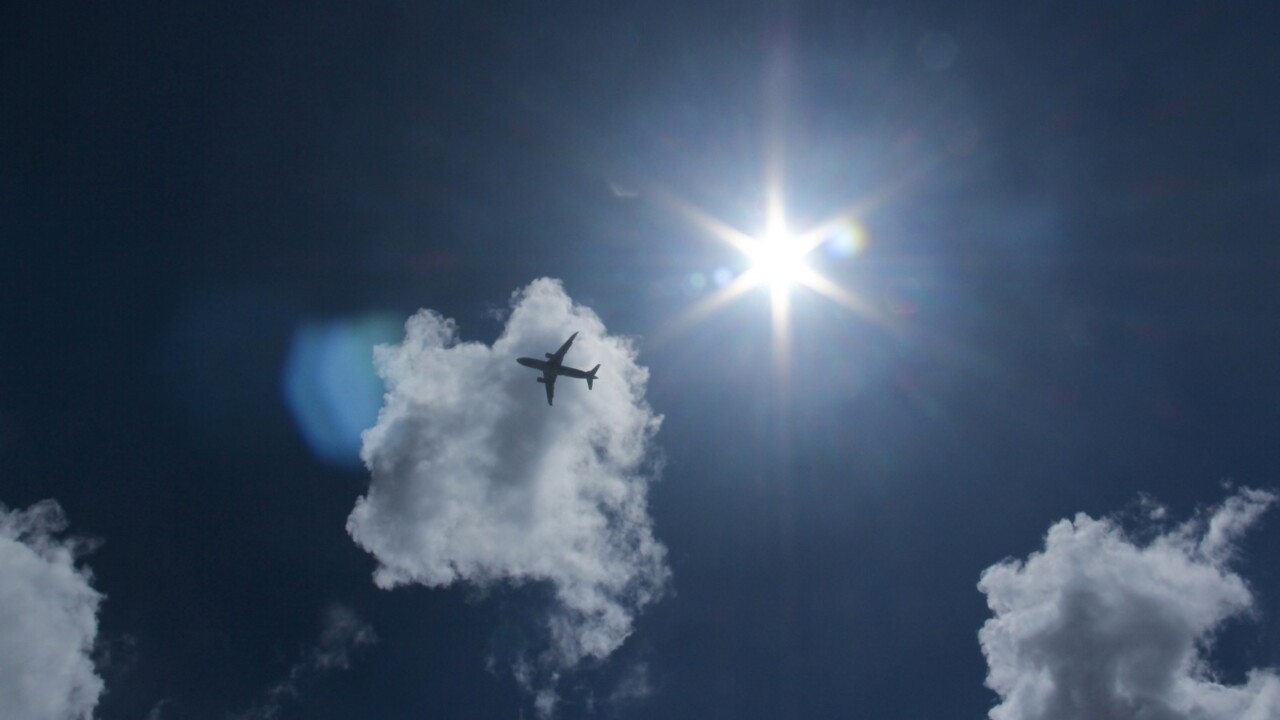
Christmas is a month away and after another tumultuous year, all thanks to the coronavirus pandemic, millions of Aussies are more desperate than ever to get interstate for a holiday or to see their family.
And, with more than 85 per cent of Aussies over the age of 16 now fully vaccinated against coronavirus, it’s hoped almost all domestic travel will be back on the table by Christmas.
However even with domestic travel back for Christmas, there are still a number of restrictions Aussies need to be aware of.
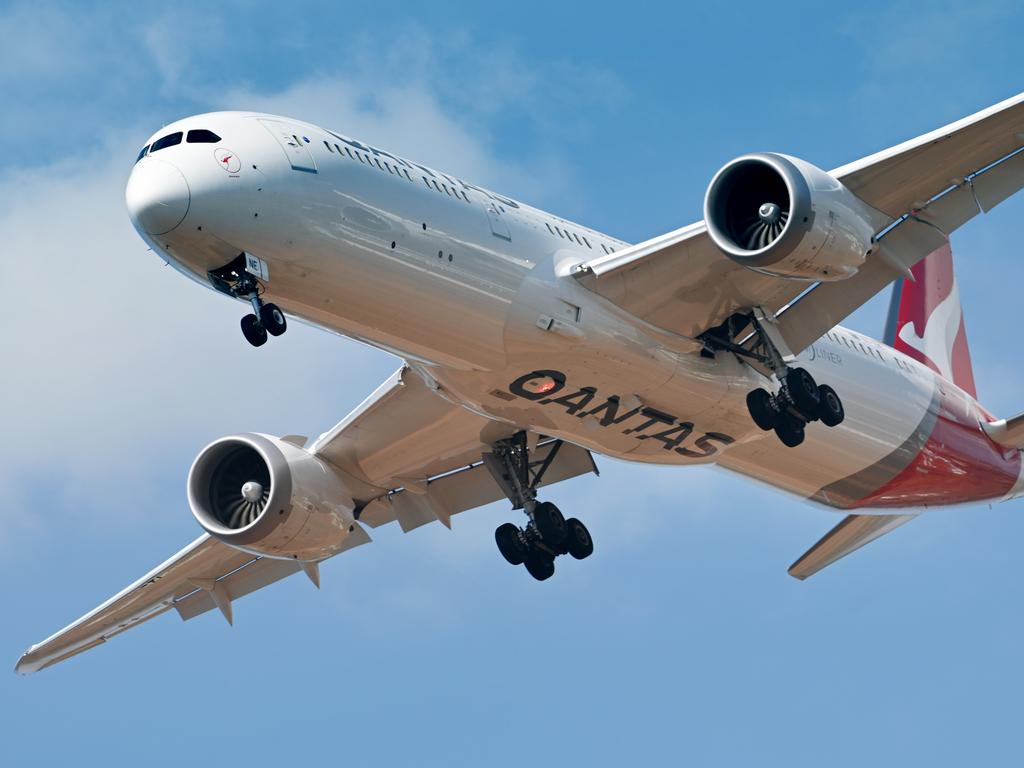
Harsher restrictions apply to unvaccinated people, with most states and territories enforcing extra testing and home or hotel quarantine arrangements for travellers who aren’t double dosed.
But for those who will be fully vaccinated against coronavirus at least 14 days before Christmas (December 11), here’s a handy guide to ensure you make it interstate.
Queensland
After a brief and confusing tussle with the Federal Government over paying for coronavirus tests, Queensland Premier Annastacia Palaszczuk has confirmed a text message confirmation of a negative test is enough to enter the state.
Queensland is expected to hit 80 per cent double dose vaccination slightly before December 17, which will trigger an easing of restrictions for people coming from hotspots.
• Arrivals must be fully vaccinated against coronavirus and can arrive by air or road
• You must complete a Queensland entry pass and upload proof of your negative Covid test
• You must have taken a Covid test within 72 hours of your arrival to Queensland and it must be negative
• No quarantine is required if those three criteria are met
For arrivals that haven’t been to a declared hotspot in the 14 days before their arrival to Queensland, no restrictions apply, however you will still need to complete an entry form.
New South Wales
No restrictions for interstate arrivals at Christmas, including no coronavirus testing or home quarantine.
However, Victorians over the age of 16 who are not fully vaccinated are banned from travelling to NSW for a holiday or recreation.
Travellers are reminded to check the concerns notices issued by NSW Health to see if they need to isolate or get tested.
Victoria
No restrictions for interstate arrivals at Christmas, including no coronavirus testing or home quarantine.
However, you must apply for a permit to enter Victoria, regardless of where you’re coming from.
Australian Capital Territory
Entry to the ACT is dependent on if you’ve been to what they call a “high-risk geographical area” in the past 14 days.
If you haven’t been anywhere high-risk, there are no restrictions on entry to the ACT.
If you have been to a high-risk area, which encompasses Covid hotspots or areas with low vaccination rates and is updated by ACT Health twice daily, you can still enter the ACT after having done a few things.
• You must complete an exemption form at least 72 hours before your intended arrival into the ACT
• Exemption documentation will be issued immediately confirming entry into the ACT
• Travellers must monitor for symptoms of Covid-19 for 14 days from the last date in the hotspot area and if any symptoms develop, you must seek testing immediately and isolate until a negative result is received.
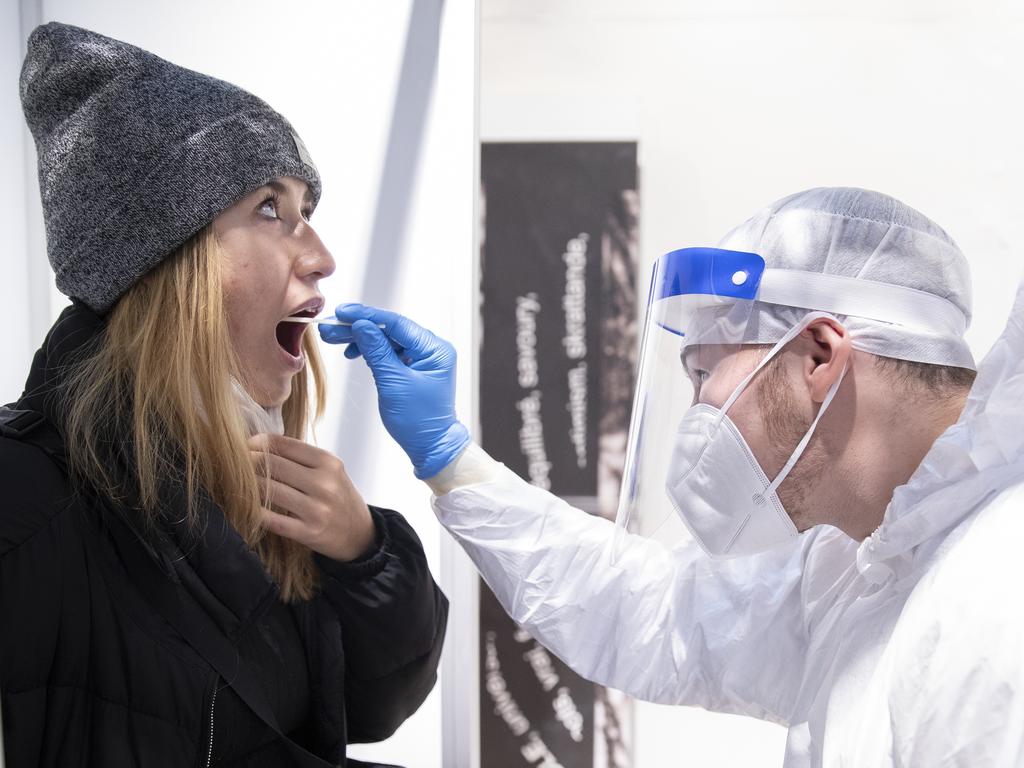
Tasmania
Tasmania’s border restrictions will change from December 15, when the state is expected to hit 90 per cent double dose vaccination.
From December 15, fully vaccinated Australians will be allowed to enter the state without quarantine.
However travellers who have been in high-risk areas in the 14 days before their entry are required to return a negative Covid test within 72 hours of their arrival to Tasmania.
A negative Covid test is not required for Tasmanians who have been out of the state for less than seven days.
The Tasmanian Government has asked travellers arriving in the state after December 15 to not register their travel through the current systems as it expects exemption forms and travel registrations to have changed by then.
South Australia
All arrivals to South Australia must be fully vaccinated to avoid quarantine and you must complete an entry pass, regardless of where you’re travelling from.
Travellers coming from moderate to high risk areas must return a negative Covid test within 72 hours of their arrival to South Australia and then must take another test within their first 24 hours in SA.
Arrivals must quarantine until they receive the negative test.
Further restrictions will fall when the state hits 90 per cent double dose, which Premier Steven Marshall said he hoped the state would achieve before Christmas.
At the 90 per cent mark, borders will be completely open to fully vaccinated Australians and international arrivals with the testing requirements expected to drop away also.
Western Australia
Travel to Western Australia remains restricted for interstate people living in NSW, Victoria, the ACT and the Northern Territory.
Premier Mark McGowan has repeatedly said he needs to see the state hit 90 per cent double dose vaccination before borders are reopened, which is slated to occur early next year.
However, if you live in South Australia, Queensland or Tasmania, you are able to travel to Western Australia quarantine-free.
This quarantine-free travel is on the proviso you have completed a G2G pass before your arrival to WA and a Covid test at the airport.
Northern Territory
The Northern Territory welcomed back thousands of fully vaccinated arrivals on Monday after it slightly eased border restrictions with the rest of Australia.
While fully vaccinated arrivals into the Northern Territory currently have to complete home quarantine for seven days, this restriction will change on December 20.
Chief Minister Michael Gunner said all quarantine would be dropped for fully vaccinated arrivals from December 20, provided they adhere to a number of requirements.
• Be fully vaccinated against coronavirus
• Take a rapid antigen test on arrival at the airport, or at the first regional centre if travelling by road
• Download and use the NT’s Go to Go app




